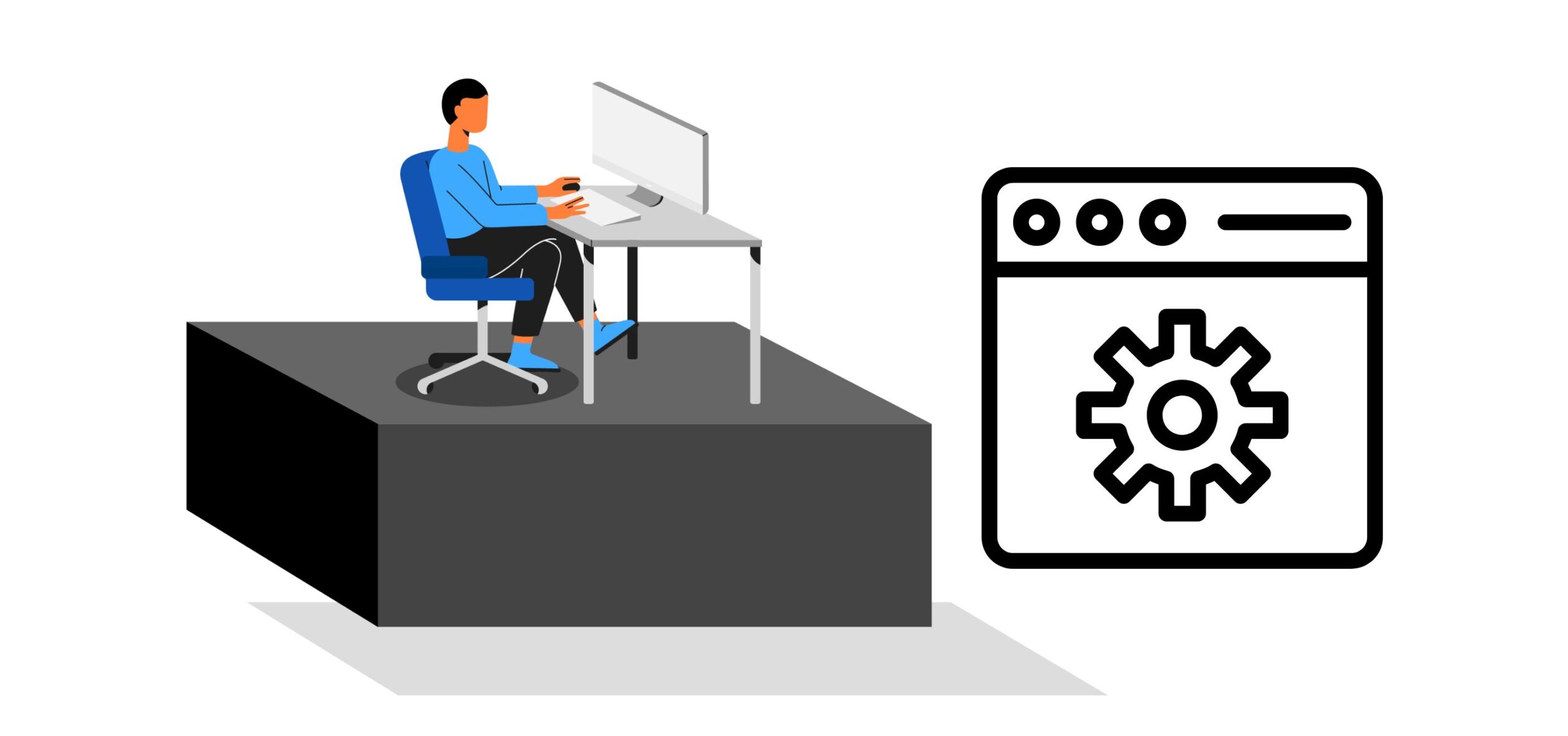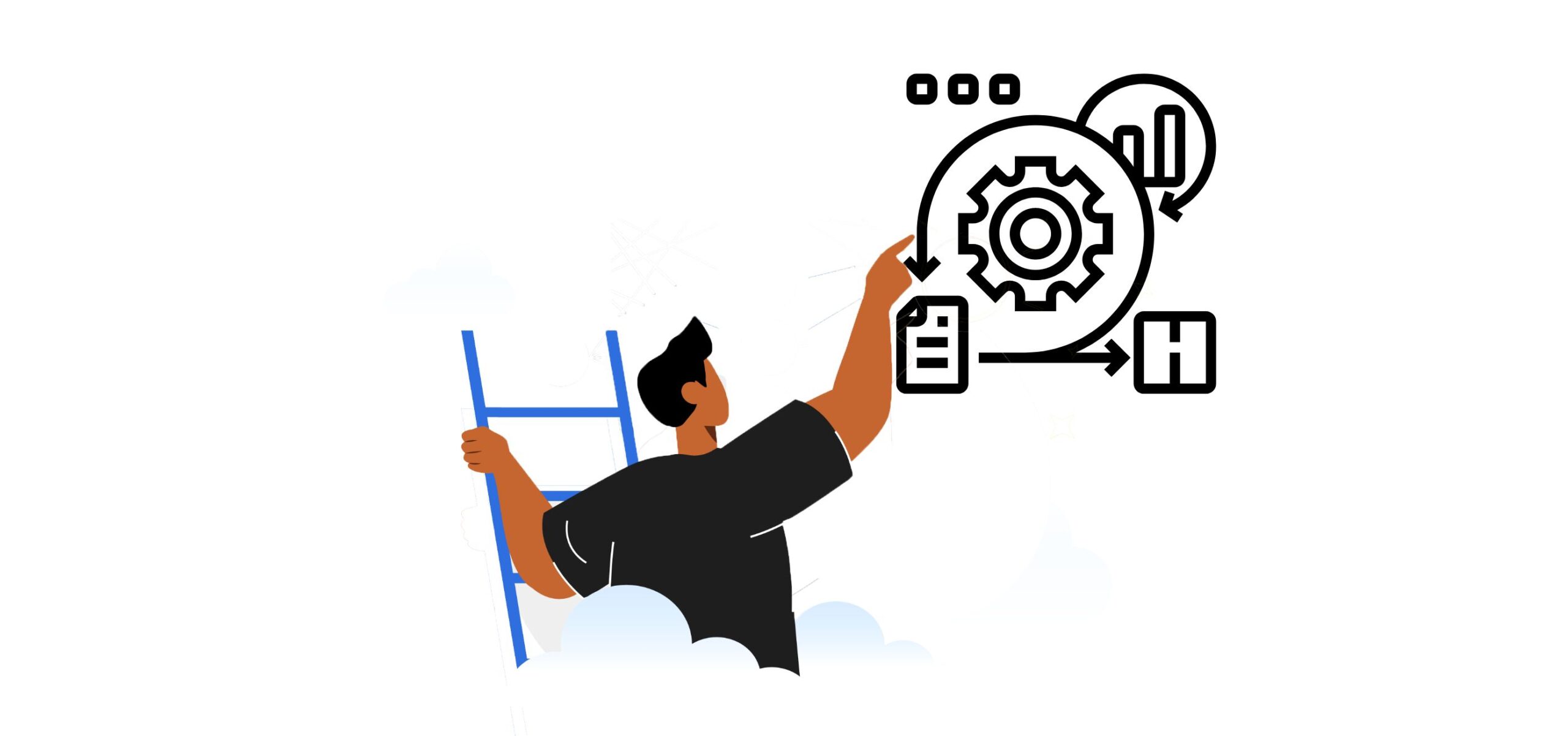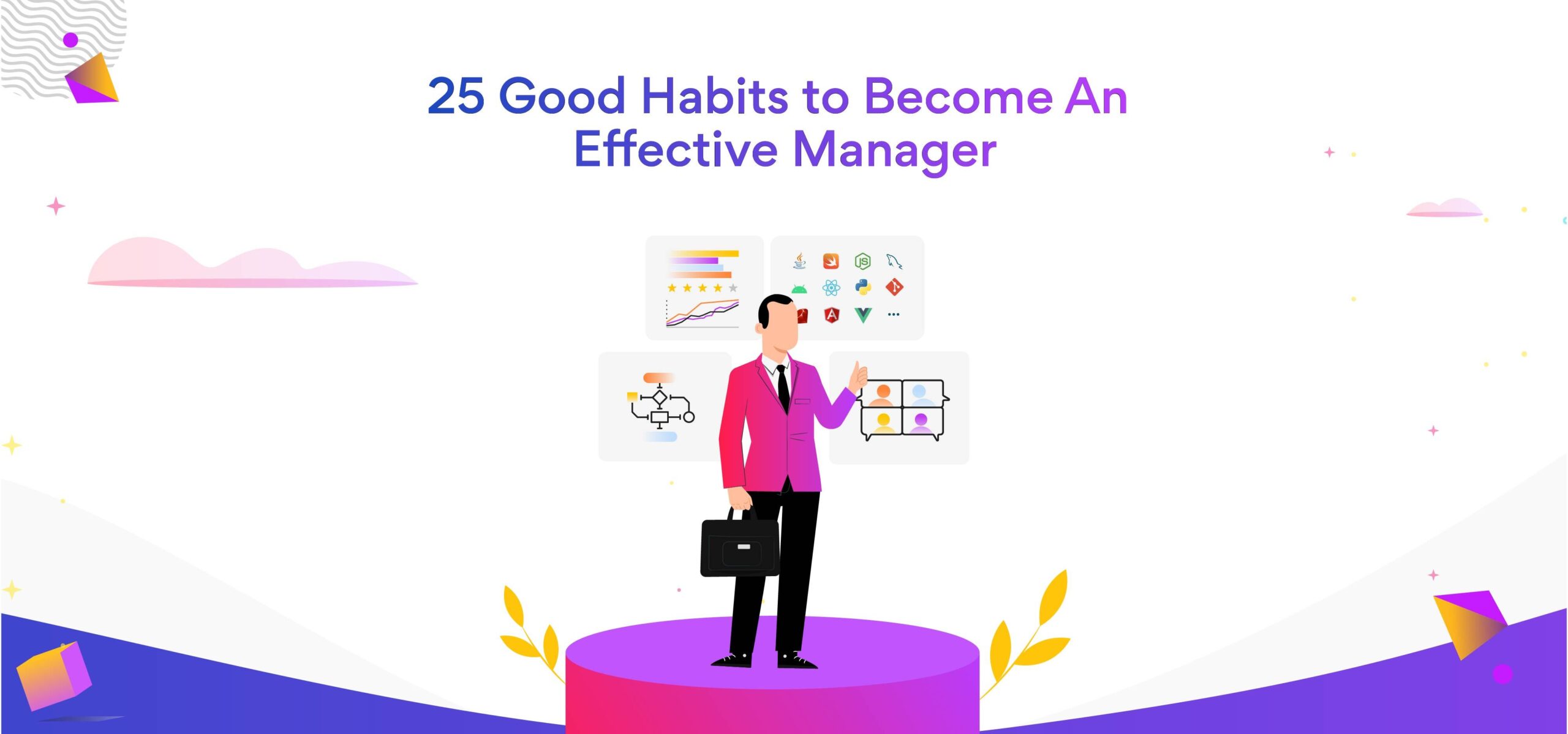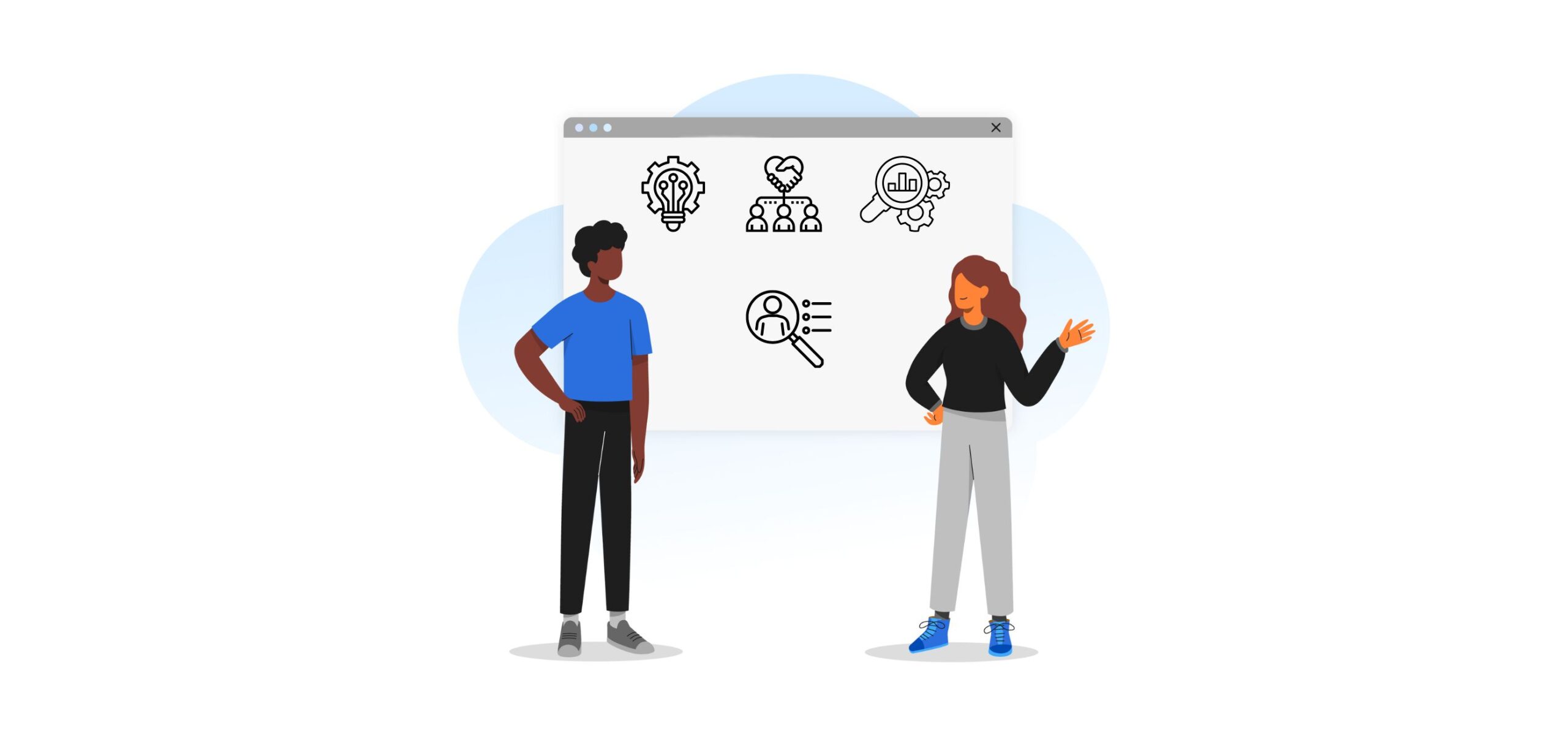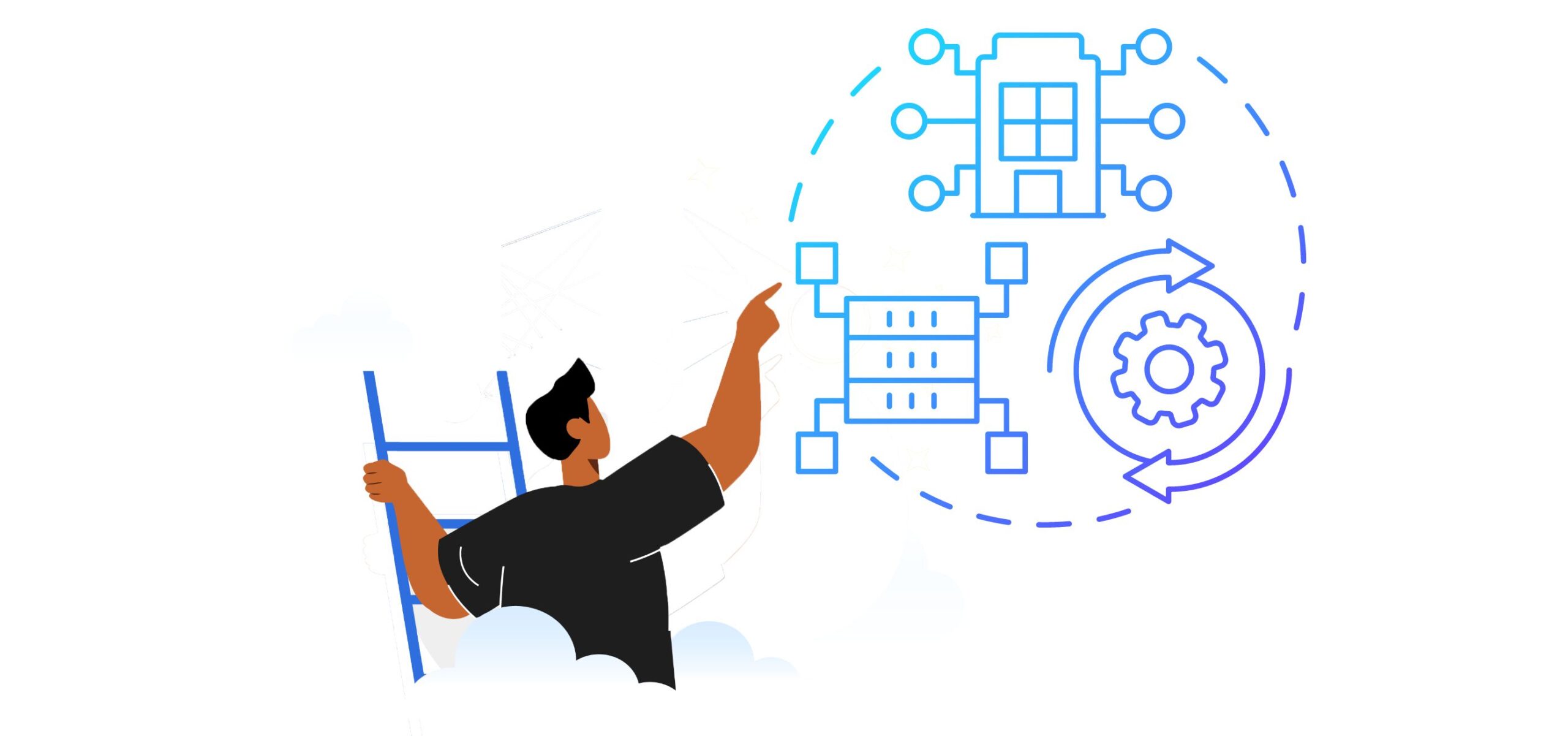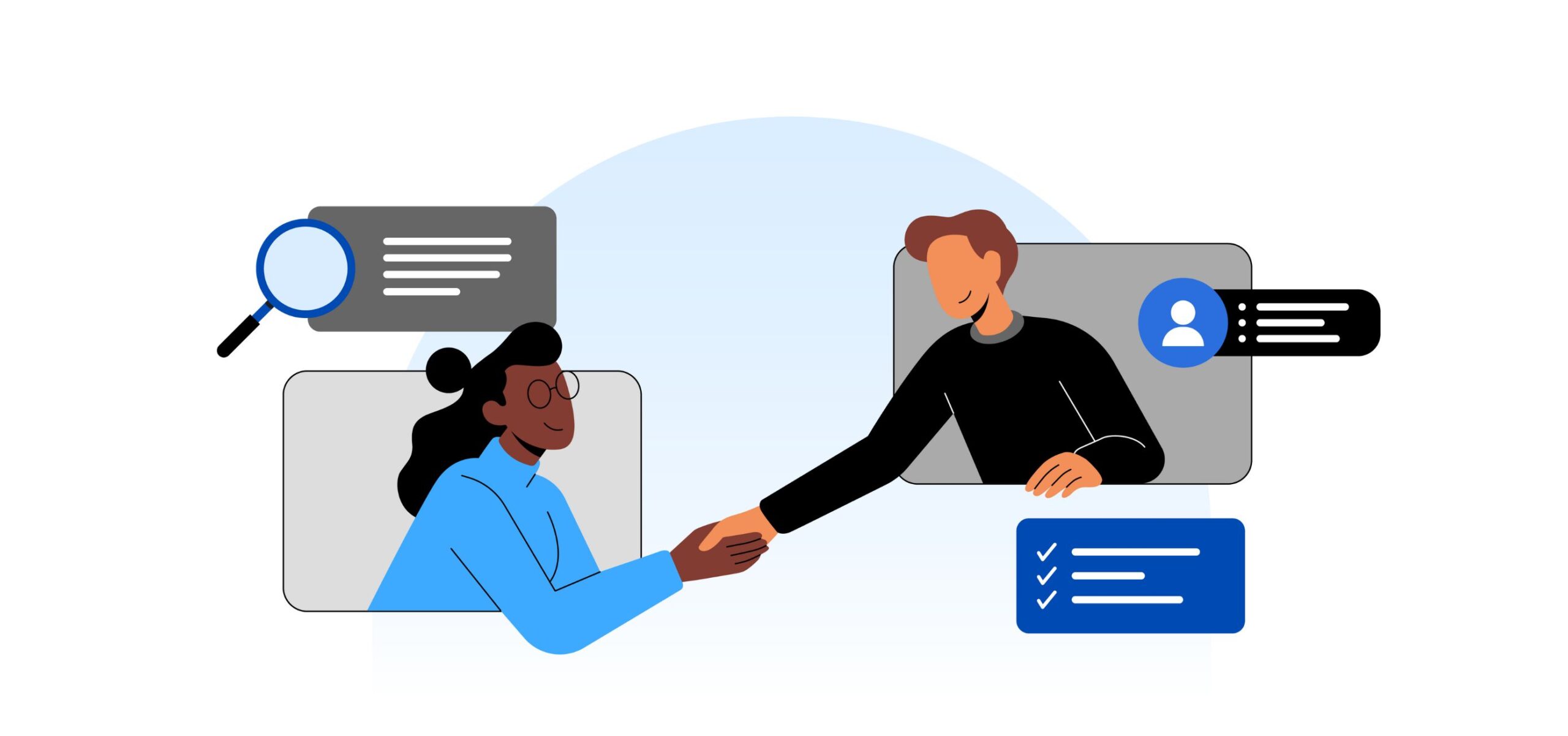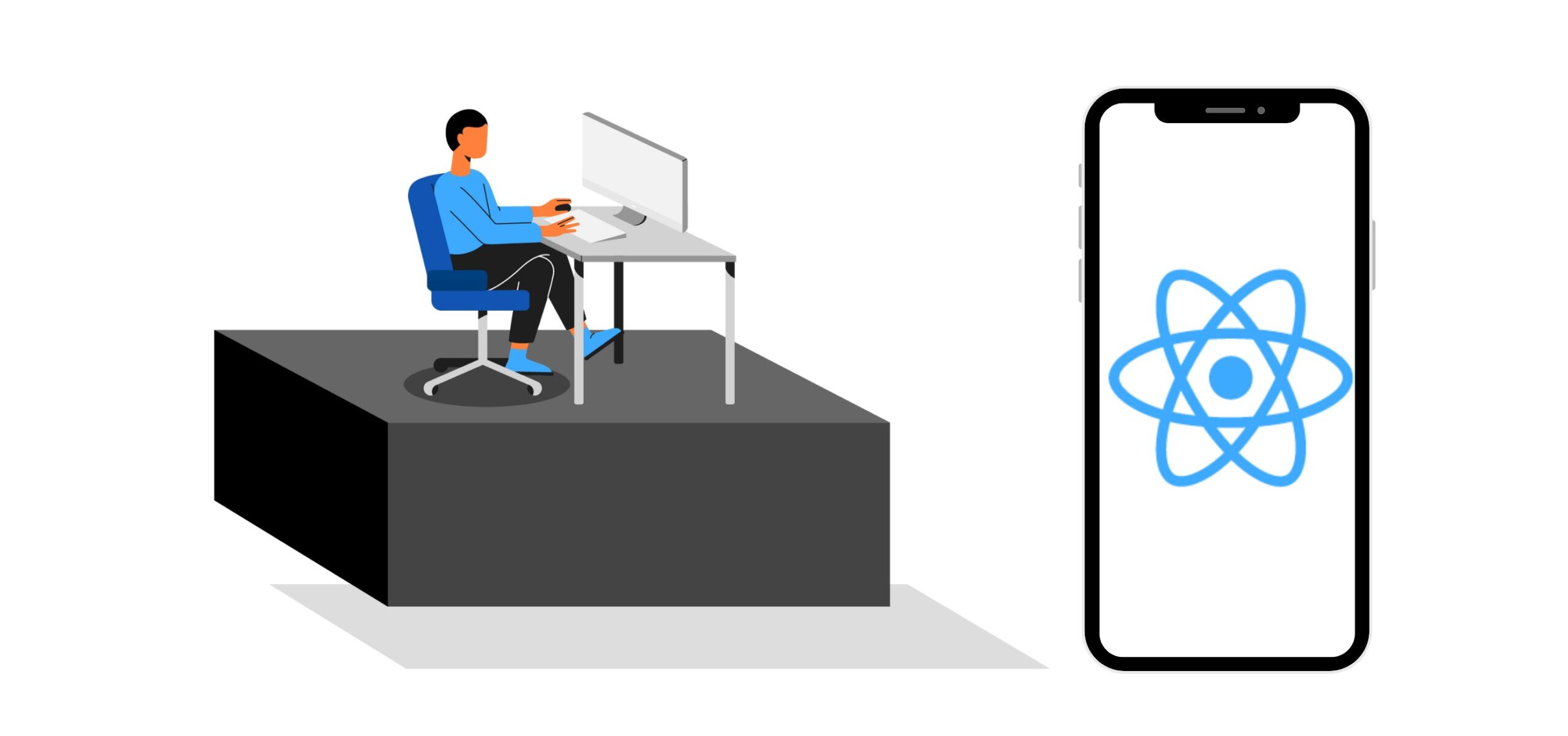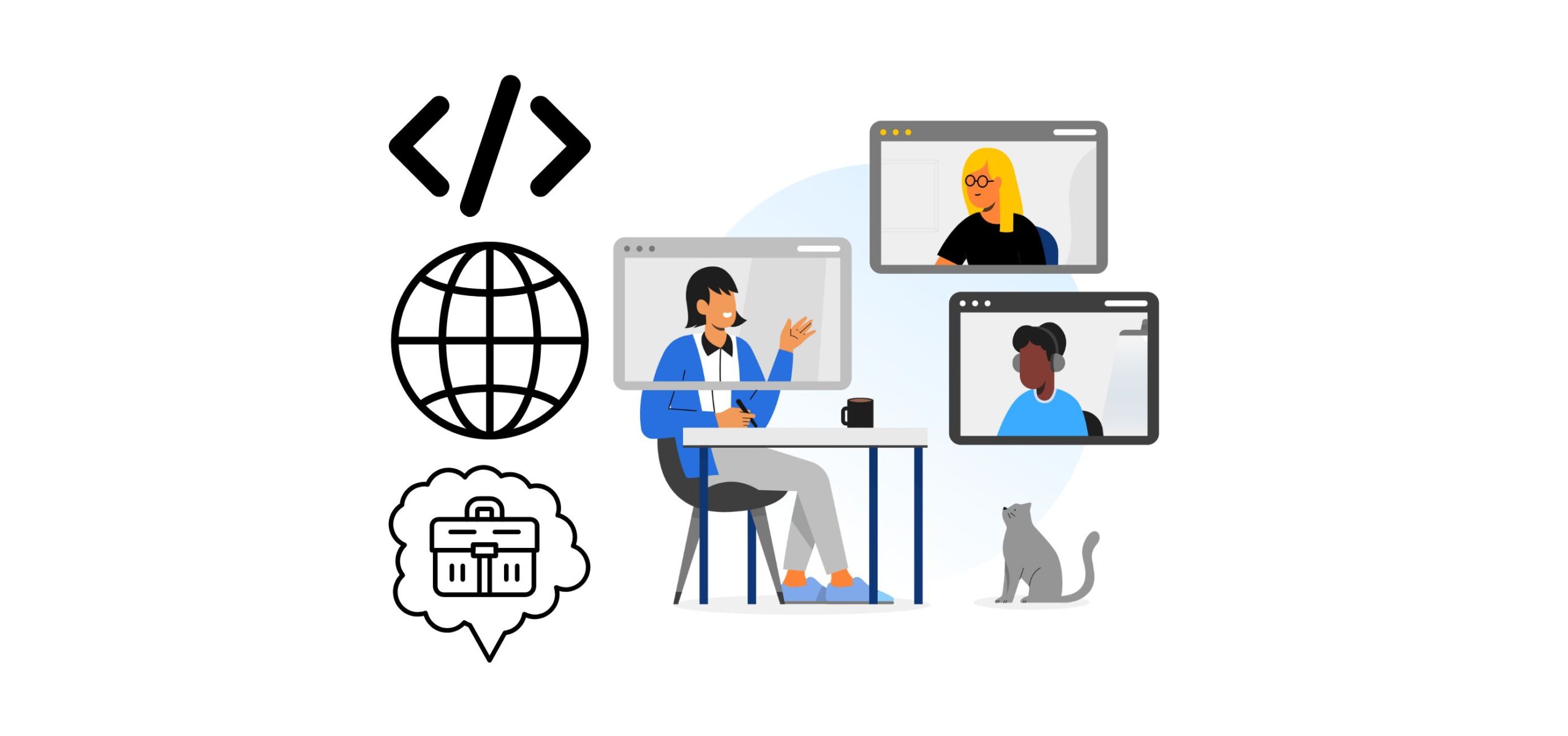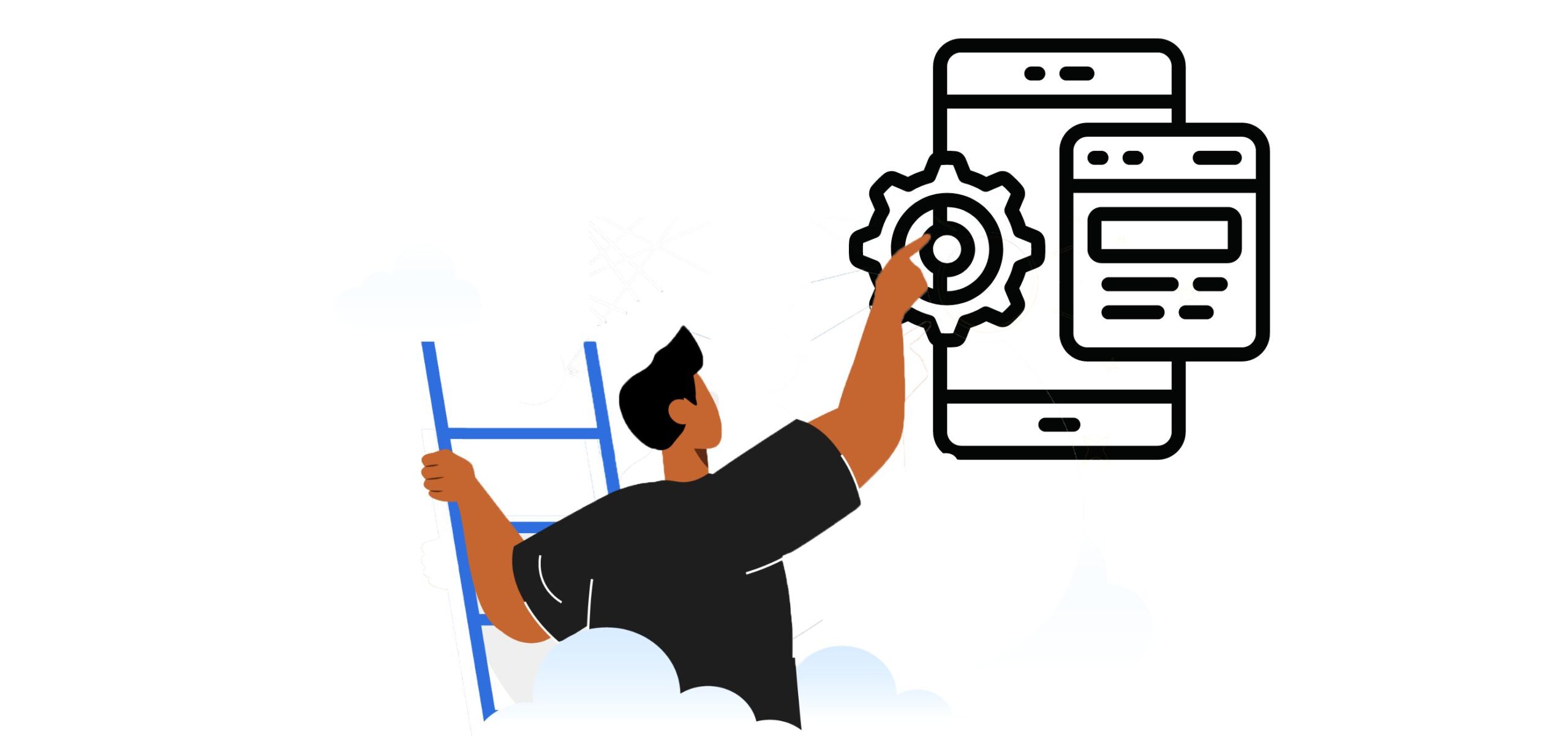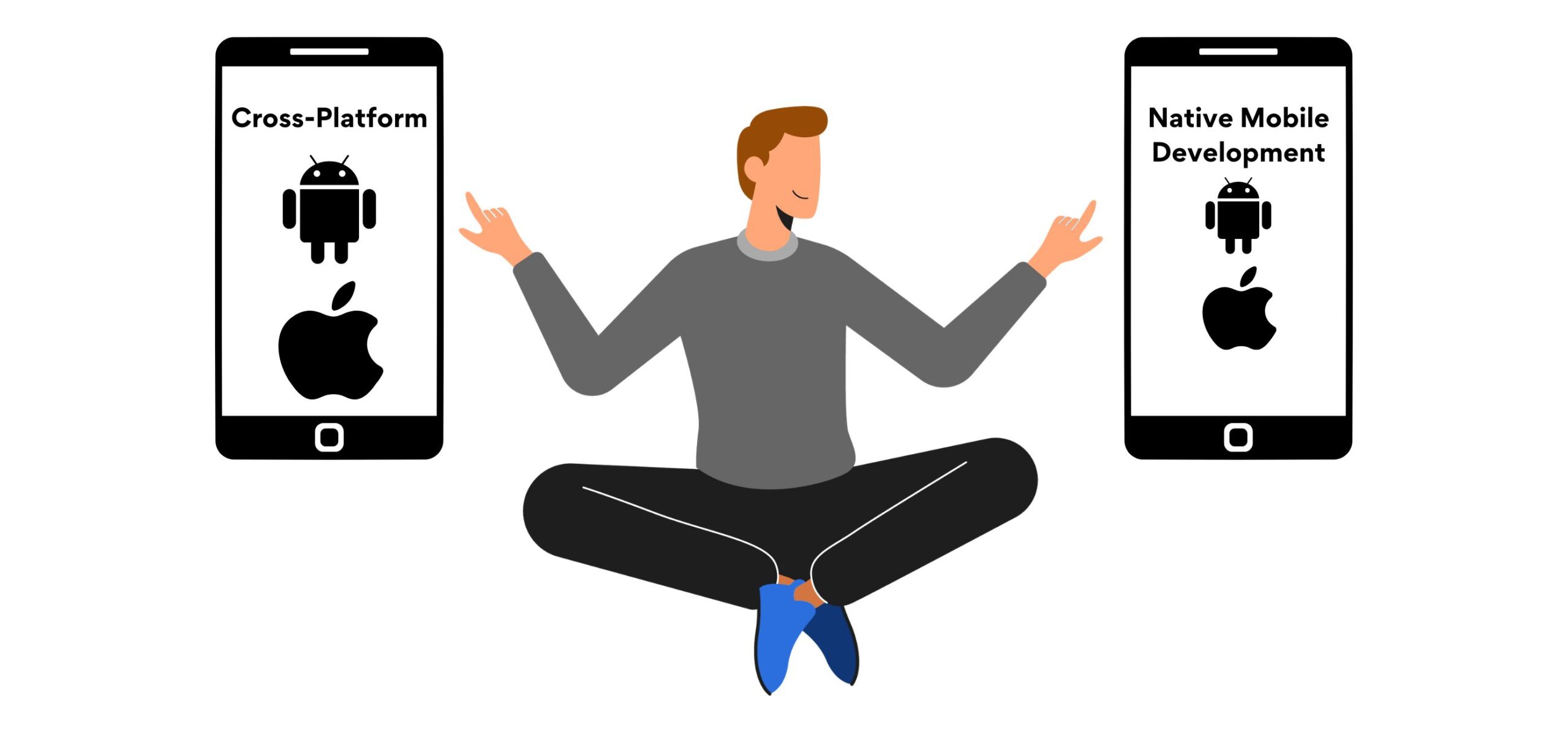Facebook’s Former Engineering Manager on Knowledge Sharing
“Every software development team must engage in knowledge sharing. It’s crucial when bringing engineers on board for your project or firm,” says Balázs Balázs, former engineering manager at Facebook. As a team leader, you must choose the most efficient ways to share knowledge. You should also ensure that the team has the necessary time, resources, and encouragement to participate in the knowledge-sharing process.
Here’s how you can do it:
Pick the best knowledge sharing methods
Balázs uses two principles to evaluate knowledge-sharing methods and ensure effective communication:
-
Prioritize active over passive
Documentation is essential, but organizations often overvalue it, says Balázs. It’s a passive sharing method, and so it doesn’t encourage human i nteraction, he explains. On the contrary, multiple employees interacting with information is an active and dynamic approach to knowledge-sharing. And thus, Balázs prefers this method of active knowledge-sharing over plain old documentation. -
Be pragmatic
Balázs says that most people don’t consider the cost of documentation; they simply feel compelled to document everything. Knowledge-sharing comes at a price. So, consider your circumstances, weigh the cost and benefit, and choose your approaches carefully. There are no uniform principles here, Balázs adds.
Encourage engineers to take part in knowledge sharing
It is crucial to foster an environment that encourages employees to ask questions. Create a psychologically secure environment for your team where everyone is free to voice their opinions. Nobody should be ashamed to confess they don’t understand something. Such employee proactiveness will make your knowledge-sharing system less expensive.
Balázs also recommends promoting knowledge-sharing through rewards. For instance, Facebook Workplace facilitates knowledge-sharing through ‘likes’. This way, employees publicly commend members who invest a lot of effort in knowledge sharing.
The second trick is to make it fun. For instance, Facebook employees get to travel across its global offices for free, depending on the business need. This is a great way to make knowledge-sharing enjoyable.
Incorporate documentation into your onboarding
Onboarding provides an opportunity to integrate the new employee into the company. Balázs advises organizations to develop their onboarding process in a way that encourages new employees to interact with the rest of the team.
He also advises new joiners to take part in the documentation process. Leaders can assign the task of updating documentation for an ongoing project to new employees, he explains. This practice encourages them to interact with other team members. And thus, it breaks down communication barriers and makes the new members get over their nerves.
Your knowledge-sharing process determines the success of your organization. It’s critical to ensure that everyone in the firm lives and breathes it. Create an environment that’s highly open and transparent. If employees are always aware of what is going in the organization, minor inconveniences and bumps along the way will not impact their productivity and morale.
Are you struggling to vet software engineers/developers on your own? Turing can help. Turing’s automated platform lets companies “push a button” to hire senior, pre-vetted remote software developers. Access a talent pool of the top 1% of 1 million+ developers with strong technical and communication skills who work in their time zone. There’s no risk. Turing offers a free two-week trial period to make sure your developers deliver to your standards.
For more information, visit Turing’s Hire page.
Source: Codingsans
Tell us the skills you need and we'll find the best developer for you in days, not weeks.



